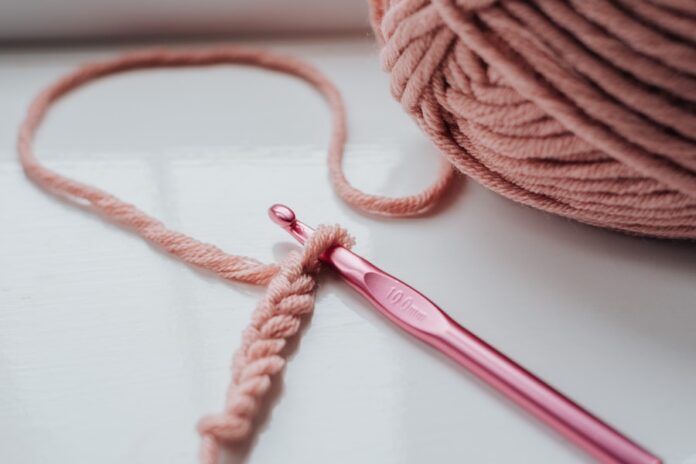With demand for DIY helping to spur the UK’s retail recovery in the aftermath of the Covid pandemic, more people than ever have gotten the bug for working on their home themselves. However, if you intend to take on DIY projects at home, you’ll need to make sure you’re doing it safely. Here are four simple safety tips to follow when embarking on handywork.
Check Your Wiring
You may be tempted to do your own electrical work around the home to save money – but you should only do so if you also have a vested interest in electronics and electrical work, otherwise your money would be well-spent on an experienced electrician. If you do decide on working on your house’s electrics, make testing a regular part of your workflow, and a priority at that. Invest in an approved voltage tester and a multimeter – the approved voltage tester allows you to safely test mains wires to find out which ones are live, and is fused to protect you against mains current. A multimeter can perform a wide variety of tests, but is best saved for smaller domestic tasks, or already-fused equipment.
Wear the Correct Safety Equipment
It doesn’t matter how many of the right tools you have to carry out a DIY task – you’ll be just as likely to incur an injury. As such, it is crucially important that you take the correct safety precautions ahead of each job, especially with regard to the wearing of safety equipment. Different jobs come with different risks: wear safety goggles when drilling into metal, sanding down wood or working with dangerous fumes; wear gloves when working with fiberglass and rough wood; make use of ear protection when using loud tools such as impact drivers and masonry drills. Injury is the most likely way your project will encounter a setback, so act – and dress – accordingly.
Take Care of Your Tools
Making sure your tools are correctly looked after will ensure they live a long life, and work at their best on a given project. For hand tools like chisels, sharpening them regularly, and keeping them oiled and sheathed when not in use can keep them keen, and stop them rusting. For power tools like the Milwaukee power tool range, batteries are especially important to maintain well; give your batteries a full charge before use, and try to drain them completely every now and then for a full recharge (older batteries could often form a “memory” of charge they could hold, especially if partially charged before use).
Keep Your Work Area Clean
So the saying goes: “tidy house, tidy mind.” And so too should it apply to your workspace, wherever your project happens to be. Keeping a clean and well-organised workspace can help your project go smoother, with every tool and material in its place. It can also help you avoid injury from trips and falls, or inadvertently hurting yourself on one of your tools.






















